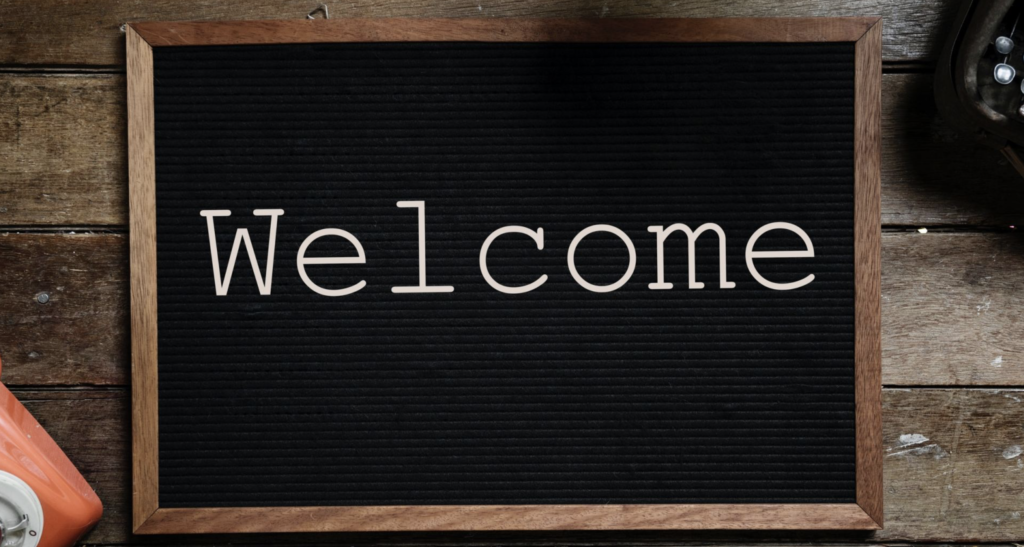Defined broadly, health encompasses the body, the mind, the soul, and even the emotions. To be someone worth following, you need to maintain quality overall health. This means all of the above.
While I have definitive strategies around what I do to keep the body, the soul, and even the emotions, healthy; today’s post is about the mind. People generally gravitate to people that are upbeat, active, positive, and encouraging. On the other hand, people tend to shy away from those who are self-absorbed, in denial, and angry. So in today’s post, I want to highlight three areas that impact the mind’s health:
Anxiety
Community
Sleep
The first area of focus, anxiety, is cancerous to your psyche. Everyone I know knows this, yet the ironic thing about anxiety is that telling yourself to be less anxious is the easiest easy way to become more anxious. So, what do you do?
I have discovered that writing things down reduces anxiety. Because of this, I use Michael Hyatt’s Full Focus Planner, and the Apple Notes app on my phone. I then write everything that comes to mind down. It sounds too simple, and it is really is. The mere act of writing things down gets things off the mind on the (or a) to-do list. While writing everything down definitely helps, however, it does not resolve anxiety entirely.
I am also an unashamed pray-er. I’ll even pray for you if you send me a message, and that isn’t a token gesture. I write the prayer requests down as well (both mine and yours!) and spend time praying over them each morning and evening. To do this, I use a simple acronym “CHAT” where I confess, honor God with attributes, ask – this is where the list comes handy – and give thanks for what has occurred. This process reduces anxiety by helping me get outside myself and my own needs. This is still true, even though I am spending a portion of my time praying for me because even then I am asking for help. Even if you dismiss prayer’s supernatural component, I challenge you to practice some version of the acronym above that forces you to get outside of self.
Second, the next thing I do to counter anxiety is actually the second area of focus for mental health — yes, these three are interconnected. Moving from isolation to community is vital in a day and age where isolation is more prevalent than it ever has been. While technology, and the advancement of social networks, allow us to be connected 24/7 from anywhere on the globe, the connectedness has come at cost. Can you honestly say that you feel healthier —less anxious —on days when you spend more time on devices? Worse, technology has in large part fooled us into thinking that it can replace the one-on-one human elements of community. If it did, would we be so addicted to it, and would we work so hard to gather “likes?” My belief, and the research of Cal Newport and others have led me to this belief, is that sitting in front of someone and sharing our life is not only necessary for us to thrive, it also has a profound impact on our anxiety and mental health. In short, we need human interaction. And the beautiful thing about this reality is that it is something we can control. For anyone can meet with a friend twice per month over coffee. It just takes a little intentionality.
Intentionality is also needed for the third area of focus, sleep. This post is already longer than usual, so I cannot give sleep the time it deserves. Notice the irony in that statement. If you are like me, your excuses for not getting enough sleep probably sound something like that! They do for me. So, here is the unfortunate truth about lacking sleep: it will profoundly impact your desire to meet with others, your anxiety, your spiritual health, your physical health, your emotions, and even your mental health. It simply impacts everything. So, what if you rearranged your life so that you slept 7 hours per night in 2020? What impact would that have on your overall health? Believe it or not, this is one of my goals because I believe it will pay huge dividends in my life.
If you are still with me, one last word of caution. If anything I have written above makes you feel guilty about past behavior (I should be getting more sleep, I should be prioritizing relationships more, etc.) stop that voice immediately. The point of this post is to make changes in these areas to improve your mental health.
People like us reflect.
People like us change.
That’s how we become worth following in 2020.
Expect short posts of encouragements — and an occasional longer one like today — throughout 2020. If that sounds like something that will help you improve in 2020, please subscribe so I can send encouragement directly into your inbox.

